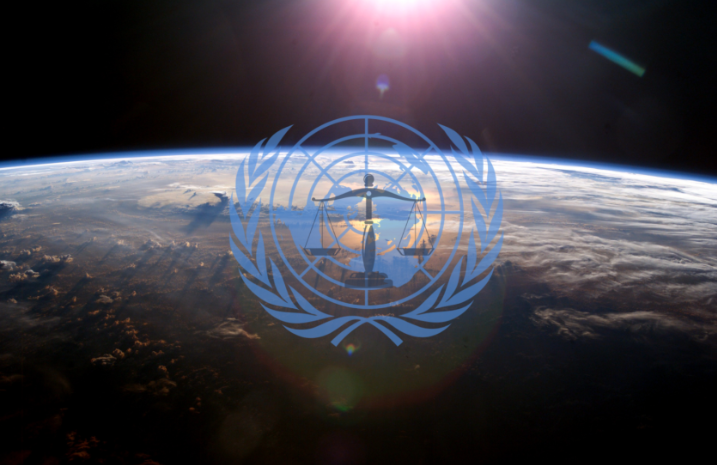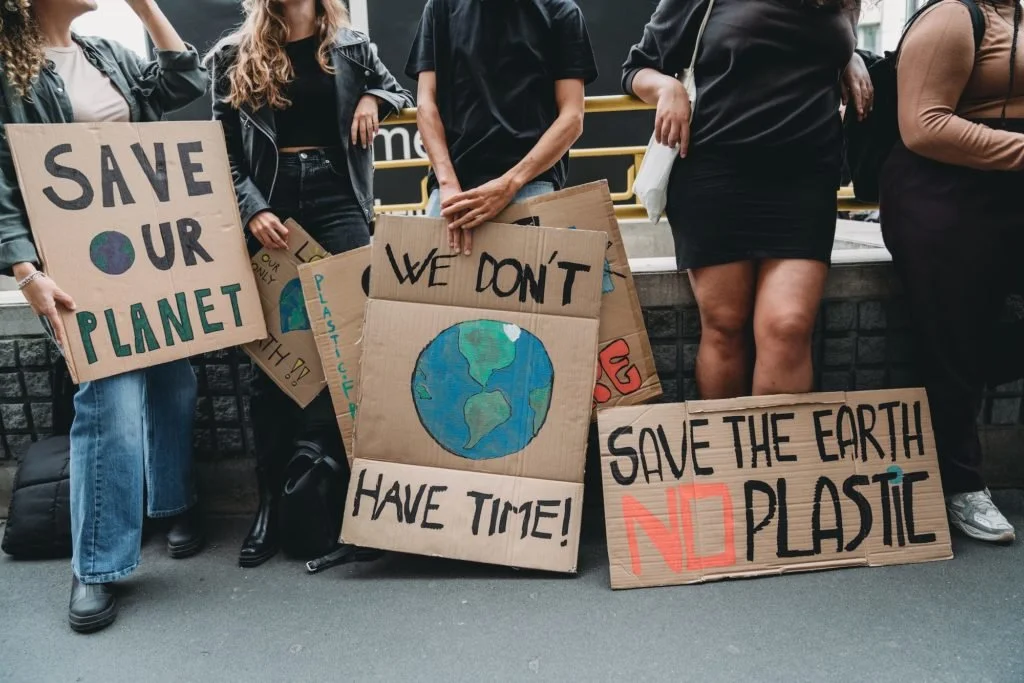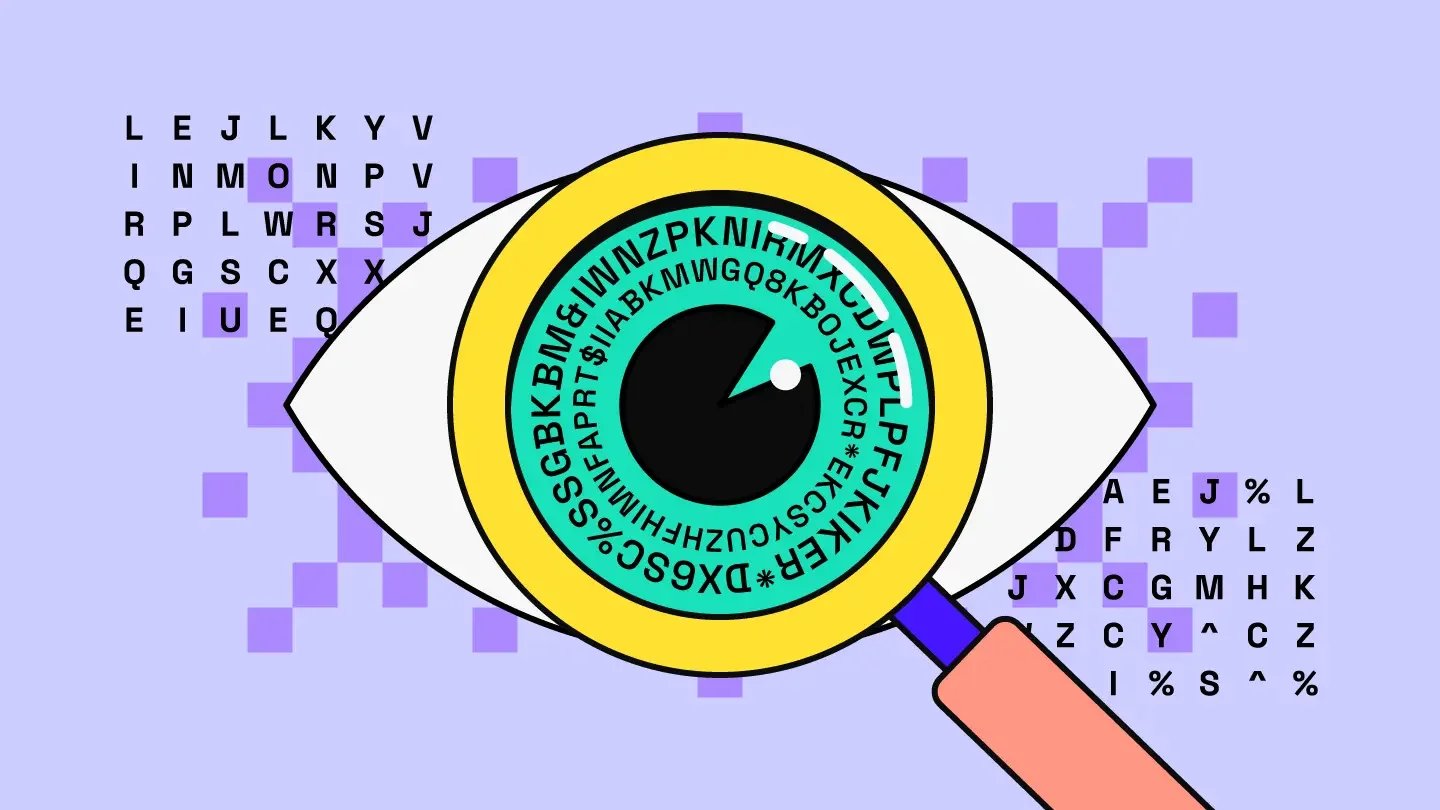
Building Science Diplomacy in Response to (and in Spite of) Policy
Diplomacy starts small, requiring one-on-one relationships to build up to something greater. Science often works similarly, bringing together minds from around the world to work on endeavors greater than any one of them could achieve alone. The US has taken a huge stake in many of these endeavors, and it has become a hub for science and technology because of it.

Reforming Space Governance for Global Stability
Commercial satellite industry has seen rapid growth in recent years, with the number of satellites in orbit increasing from 3,371 in 2020 to 11,539 by the end of 2024—nearly a 400 percent rise. With the rapid development of satellites, a spike in satellite-based defense spending for national security purposes is inevitable, and following this, international tensions are likely to rise. Underscoring that a stronger international governing body of space is imperative to facilitate cooperative interactions.

Climate Change Psychology & the Impact of Cultural Norms
Climate change does not pick and choose who it affects. It affects us all. Currently, there is a variety of innovative technological solutions to alleviate anthropogenic climate change, from renewable energy to sustainable farming, but that alone will not be enough. It is people who are the ultimate forces in global change.

Essential Emergency and Critical Care: Science Diplomacy in Action
At its heart, Essential Emergency and Critical Care (EECC) is about translating scientific knowledge into action that saves lives. It focuses on a set of simple, evidence-based clinical interventions (such as monitoring vital signs, providing oxygen therapy, administering intravenous fluids, and managing the airway) that can be delivered in any hospital in the world. These measures are low cost but life-saving, and form the foundation of care for critically ill patients.

Institutional Approaches to Safeguarding Research
While research security is nothing new – there have always been attempts by malign actors to gain illicit access to sensitive research – the growing importance of safeguarding research at universities and other research institutions is nevertheless a new experience for many researchers. Postsecondary institutions have an important role to play in helping researchers safeguard their work, whether it’s building awareness of new research security requirements or supporting researchers with the implementation of their risk mitigation plans.

Scientific Passport | Ladders Across Walls
Science, once a universal bridge, now faces fracture under geopolitical strain. From Fritz Haber’s wartime bargain to today’s export controls, knowledge has become a strategic asset. The article argues for scientific citizenship and proposes a “scientific passport” to safeguard collaboration, urging scientists to act as peace-builders amid rising global tensions.

Addressing Hidden Hunger Through Biofortification
Hidden hunger, a micronutrient deficiency, is a global health crisis affecting more than 3 billion people, primarily in Africa, Asia, and Latin America. Biofortification provides a sustainable and cost-effective solution by enhancing the nutrient content of staple crops during growth, rather than adding nutrients after harvest. As climate change reshapes global agriculture and fertile land becomes scarcer, the need for resilient, nutrient-rich crops grows increasingly urgent.

Quantum Computing
Quantum computing is quickly moving from theory to reality, with the power to transform fields like medicine, finance, and national security. The development of quantum technologies has therefore become a geopolitical priority. Breakthroughs in quantum technologies could lead to significant economic and military advantages, fueling a race among individual governments and institutions to achieve these results first. As its capabilities grow, the world must work together to ensure its benefits are shared fairly and responsibly.

Open-Source Intelligence (OSINT) for Research Security
OSINT methodologies play a critical role in research security by enabling proactive risk assessment, identifying potential threats, and safeguarding the principles of Open Science. By leveraging open-source intelligence, institutions can build trusted research networks that promote transparency, resilience, and secure international collaboration.
Want to become a Learning Pods author?
Are you familiar with one of the listed areas and would like to contribute an op-ed article? Please explore our “Areas of Focus” page and fill out the form here.
We would love to work with you to bring your insights & thoughts on any and all areas in science diplomacy to the wider audience.
